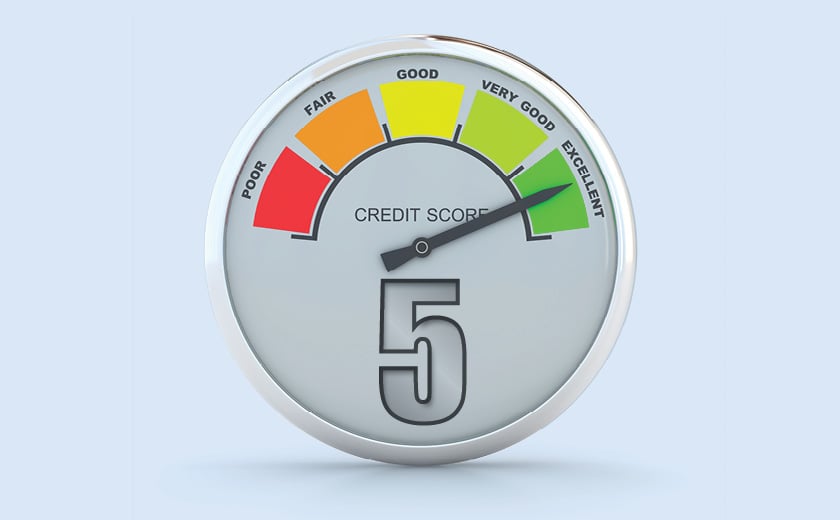Your credit score is dynamic, meaning it may change from month to month as your financial circumstances change. Here are some ways to improve it.
1. Review your credit report to see where you really stand.
Get a copy of your credit report and see if there’s an area you need to address. You can access your report from one of these credit reporting bodies:
- illion
- Equifax
- Experian Australia.
You’re entitled by law to get one free credit report every 12 months, or within 90 days of receiving a credit rejection. If you are prepared to pay a small fee you can request a report more frequently.

2. Ensure your credit report is accurate.
When looking at your credit report, you may find that it has an error on the file. This could be due to things like identity theft or a mistake by a lender you have borrowed from previously.
If there’s a mistake on your report, you should contact:
- your credit provider;
- the credit reporting agency; and/or,
- the office of the Privacy Commissioner – if required.
3. Create a regular savings pattern with your bank.
The ability to save, or having a good history of saving is valued highly by lenders when looking at loan applications. So, if you can build up a savings record, it proves genuine saving ability, and that’s only a good thing to support your loan application.
4. Have a credit card and keep it.
Credit bureaus look to demonstrate a positive repayment history, so having some form of credit such as a credit card, can provide evidence of an ability to manage debt. Of course, you need to pay at least the minimum repayment amount by the due date.
You should always be in control, so if you’re not good at managing a credit card, reduce your credit card limit. At Defence Bank you can do this using Card Management in Online Banking and the Defence Bank app. You should only use your credit card for purchases you know you can afford to repay. Here are some common credit card mistakes to avoid.
Finally, even if you rarely use your card, it will still continue to impact favourably on your overall score, as long as there are no negative reports.
5. Don’t apply for too many credit cards.
If you regularly apply to change credit cards you should know that each application you make is added to your credit file, potentially lowering your score. Frequent applications can be deemed to be a sign of financial stress.
So before you apply for a credit card, it’s best to work out which credit card type best suits your needs.
Do some research online to understand the differences between rewards cards and a low rate credit card like our Defence Bank Foundation Credit Card.
6. Always pay your credit card and loans on time.
The introduction of comprehensive credit reporting (CCR), means additional information like two years of repayment history is now provided to credit reporting agencies, by some participating credit providers
So it’s more important than ever to ensure that you pay your credit cards and loans on time. Some ways to ensure this is to set up reminder alerts so you’re never late with your credit card bill. Alternatively, you could set up a direct debit to cover your minimum repayment payment.
7. Always ensure your utility bills get paid.
It’s important to pay bills like electricity, water or gas, or phone bills like home, mobile and internet, when they’re due. If you don't pay, your credit provider may ask your credit reporting agency to record the default on your credit report.
8. Use a variety of credit types.
If you demonstrate that you can successfully manage several different types of debt. For example a car loan, a credit card, or a home loan – it will show good money management skills and positively impact your credit score.
Have any questions? We have the answers. See our FAQs.
Important note: This information is of a general nature and is not intended to be relied on by you as advice in any particular matter. You should contact us at Defence Bank to discuss how this information may apply to your circumstances.




